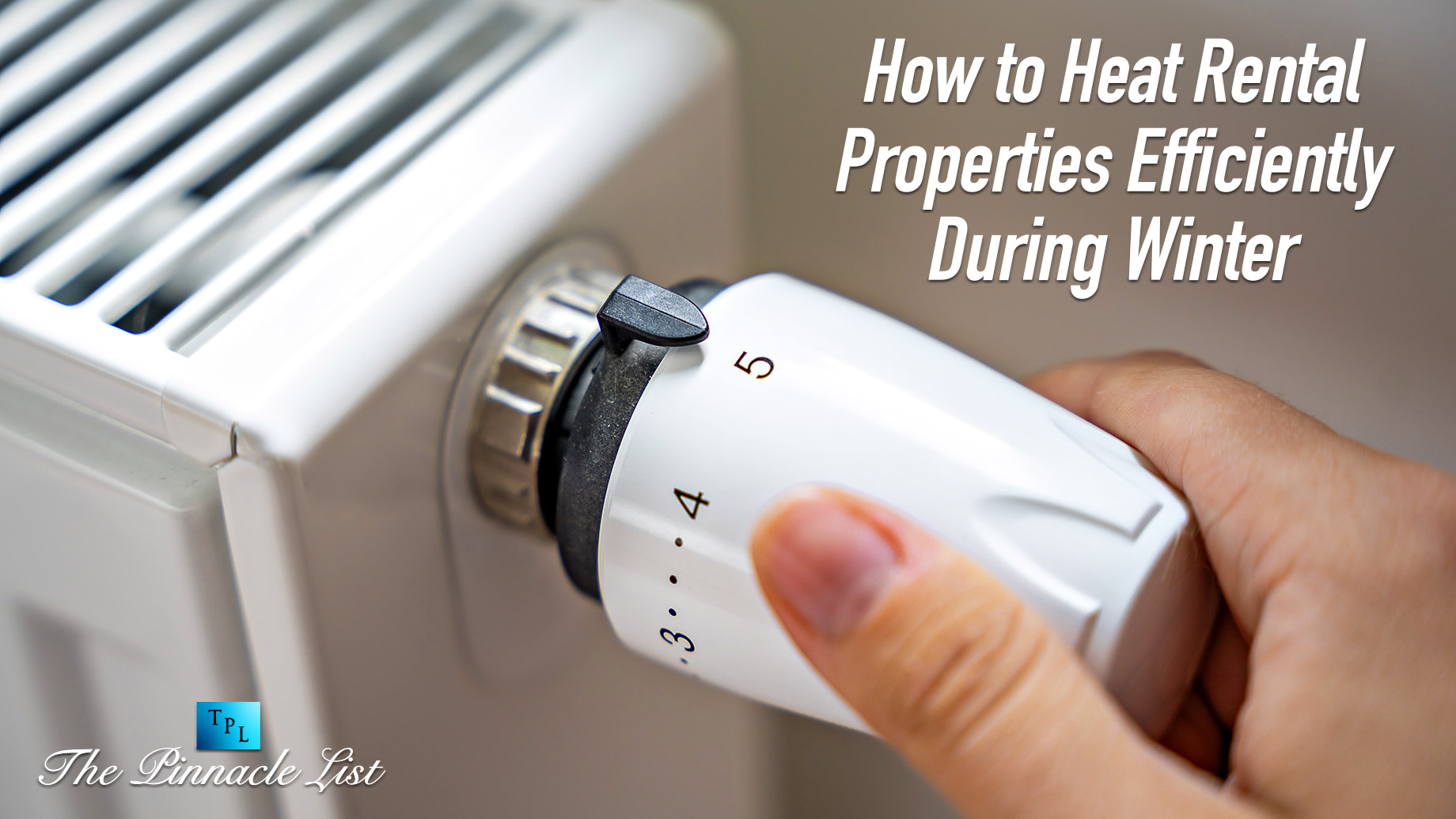
If you’re trying to make money by letting properties out for tenants, then heating efficiency should be a major concern. The more effectively you can keep heat inside the building, the less your tenants will have to spend heating it – and the more attractive those properties will be.
In many cases, heating is something that landlords and tenants will do in collaboration with one another. A tenant has the power to change their use of the heating system, while the landlord has the power to make improvements to it (and the fabric of the surrounding building).
So, what steps might be taken?
Upgrade Insulation and Seal Drafts
Heat is lost in a variety of ways. It might be conducted through the walls, windows, thermal block strips, and roof of your property. Or, cold air might find a way in through cracks around doors and windows. Make sure that drafts are identified and sealed. You can do this with an electronic temperature sensor, or with the flame of a candle. When the flame starts to move, you’ll know there’s a draft nearby.
Insulation can be installed in attics and cavity walls. Review the property in its current state to determine where modifications will yield the greatest benefit. You should also consider the windows, particularly if the seal has failed on existing double-glazing.
Use Programmable Thermostats for Energy Efficiency
Modern thermostats are a great deal more sophisticated than those of bygone years. A programmable thermostat will allow tenants to program the heating according to their use. This might mean turning the heating down during the day, when the tenant is at work, and then automatically dialing it up in time for the tenant’s return in the evening.
Smart thermostats can lead to significant savings, because they activate the heating only when it’s needed. For best results, it’s a good idea to match the thermostat to the boiler system being installed. This way, you might be able to take advantage of special features like modulating heating controls.
Maintain Heating Systems Regularly
A boiler is a complex machine – and so too is a furnace, a heat pump, and a radiator. When these things are connected as part of a larger system, then the complexity can become even more overwhelming. Landlords should expect systems like this to occasionally fail, and have systems in place to pre-emptively identify problems and address them. That way, failure will become less likely – and tenants won’t have to tolerate freezing properties.
When you’re scheduling maintenance, it’s a good idea to talk to the tenant. They might be happy to be home when the technical staff arrive, since it’s in their interest to co-operate. It might even be that they feel looked after!